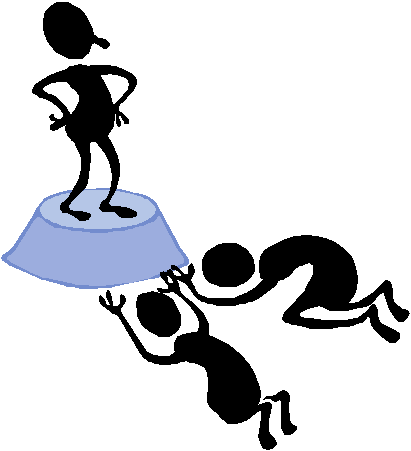from Ron Pies MD [with apologies for the bad formatting]
Since my friend and Tufts colleague, Danny Carlat, has seen fit to
quote me (#172), I thought I should take the opportunity to clarify my own views on medical training for psychiatrists; as well as say a few words
on how this applies to psychologists seeking so-called "prescribing
privileges" (read: "the wish to practice internal medicine").
First, as Dr. Carlat indicated, I did say that a re-examination
of the medical school curriculum is worthwhile, and that some
condensation in the area of the basic sciences may indeed be
feasible. Ironically, I still remember all the steps in the TCA
(Krebs) Cycle, using the same mnemonic I created when I was a
medical student! But does the Krebs Cycle really enter into my
everyday medical skills and practice? Not so much. Was it wasted
time? No--it helped me learn a kind of mental discipline that I value
to this day. But I would probably favor a condensation of the basic
science curriculum in medical school, such that at least 6 months
could be eliminated. I may be wrong about the wisdom of that. I
would need to see a "Flexner-type" commission review that issue in
detail. But in any case, this is a totally separate issue from either
(1) the need to understand internal medicine, neurology, pathophysiology,
etc. as a psychiatrist; and (2) granting "prescribing privileges" to
those who lack substantial medical training.
With respect to the first issue: one of my mentors during residency
used to say, only half-facetiously, "In psychiatry, you can do biology
in the morning and theology in the afternoon!" I think that's true--but
you better hang on to your knowledge of biology! Unless you plan to do
nothing but existential psychotherapy or psychoanalysis--and never prescribe medication--you had better know a lot about internal medicine, neurology, neuroendocrine systems, pharmacodynamics, pharmacokinetics, etc. And no--it's not enough to send your patient
for "medical clearance" by the PCP. Patients are not "set and forget"
automatons: their medical issues and problems develop and evolve over time, and this requires constant vigilance on the part of the psychiatrist.
And even if you are in the "psychotherapy only" group, you had better
know enough to know when your patient's "depression" is really due to
an early pancreatic cancer, a paraneoplastic syndrome, B12 deficiency,
etc. Otherwise, you will wind up with patients like composer George
Gershwin, who underwent years of psychoanalysis for his "depression",
while suffering all the time from an undiagnosed brain tumor. (Then there
was Jack Benny, whose pancreatic cancer presented as depression...)
In the best of all possible worlds, I would like to see medical school
condensed to 3 years, with greater emphasis on clinical skills; and
psychiatric residency expanded to 5 years, with greater emphasis on
both medical/neurological science and psychotherapy training--plus
exposure to the "humanities" (philosophy, literature, etc.). I have also
suggested that a combined neurology-psychiatry residency may be
worth exploring, though this would have to be done very carefully, so
that neither field was simply "reduced" to the other.
But before granting "prescribing privileges" to those without substantial
medical training, we would need to determine if a condensed medical school curriculum is safe and effective for physicians. If carefully controlled
studies show that it is, then anybody (a psychologist, a social worker,
a historian) would be free to enroll in this new, streamlined curriculum.
Absent such a scenario, the next-best approach (much inferior, in my view) would be a very careful longitudinal study of graduates of the type of
program envisioned (but never enacted in any state!) by the American
Psychological Association, in their very comprehensive model curriculum
for "prescriptive authority." In many respects, this proposed curriculum
resembles elements of medical school and medical internship, though it is
arguably no substitute for either. See:
http://www.apa.org/about/
governance/council/policy/rxp-model-curriculum.pdf. Perhaps in some respects, Dr. Carlat has a program like this in mind. In any event, the present training programs for "prescribing psychologists" are nowhere near this level of clinical rigor. (Nor, by the way, do present psychology "prescribing" curricula remotely approach the level of clinical rigor present in Psychiatric Nurse Practitioner programs).
I have more detailed comments on the Psychiatric Times website for those who want their eyes to glaze over! ( see:
http://www.psychiatrictimes.com/display/article/10168).
The bottom line for those just entering psychiatry: first and foremost, you must be good physicians. For those now in their early psychiatric careers, don't lose those medical skills; keep up with neurology and internal medicine; check your patients' blood pressure and pulse; order those lab tests; do circumscribed neurological exams--and read the best poetry, philosophy and literature you can get your hands on! Or, as the Russian writer Isaac Babel put it, in a short story, "You must know everything!"
Best regards,
Ron Pies MD




